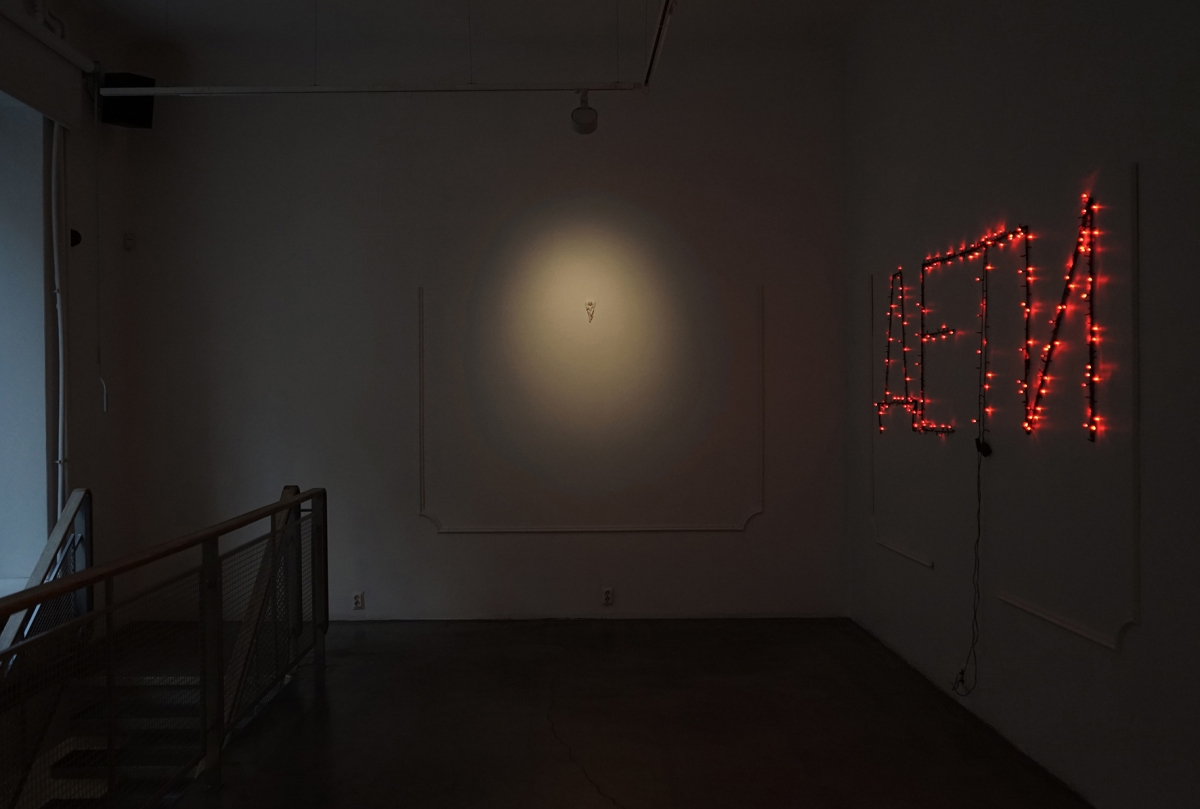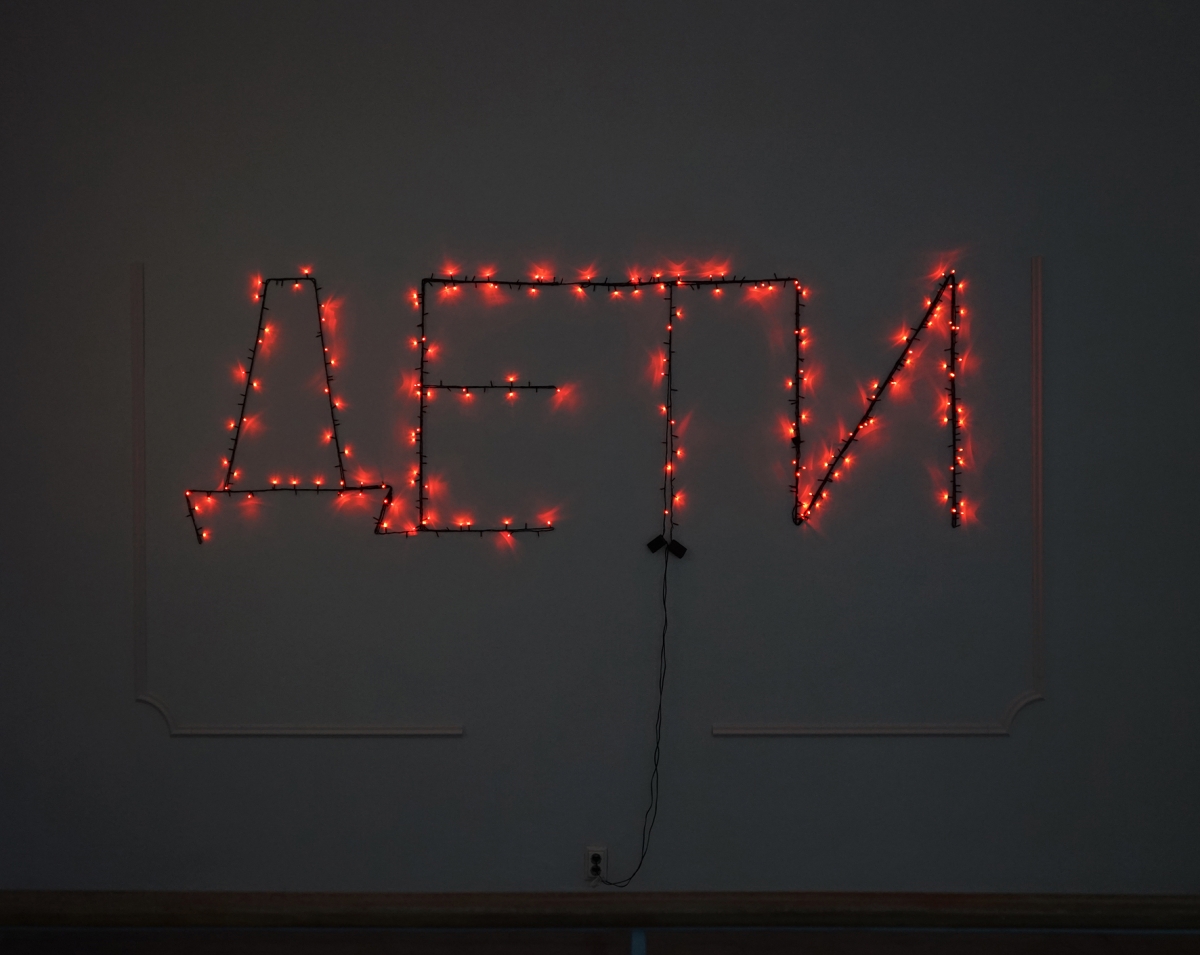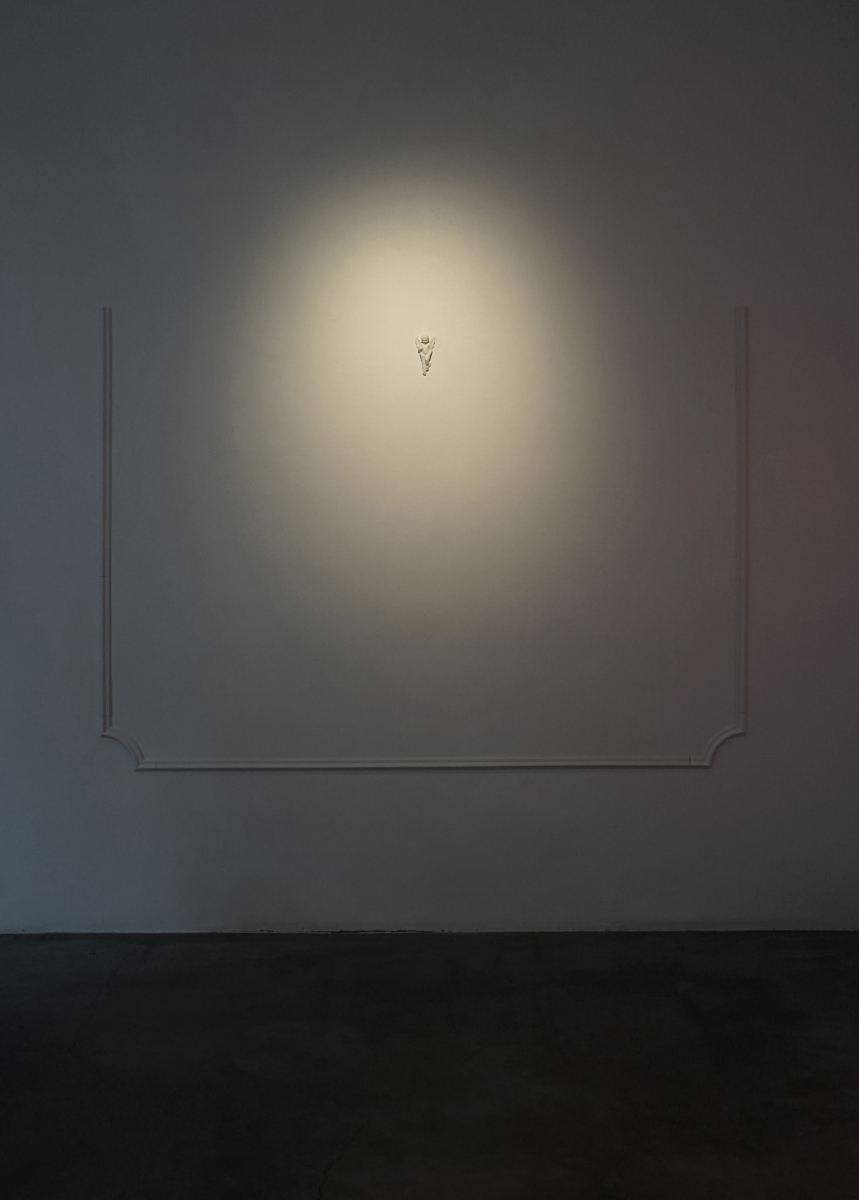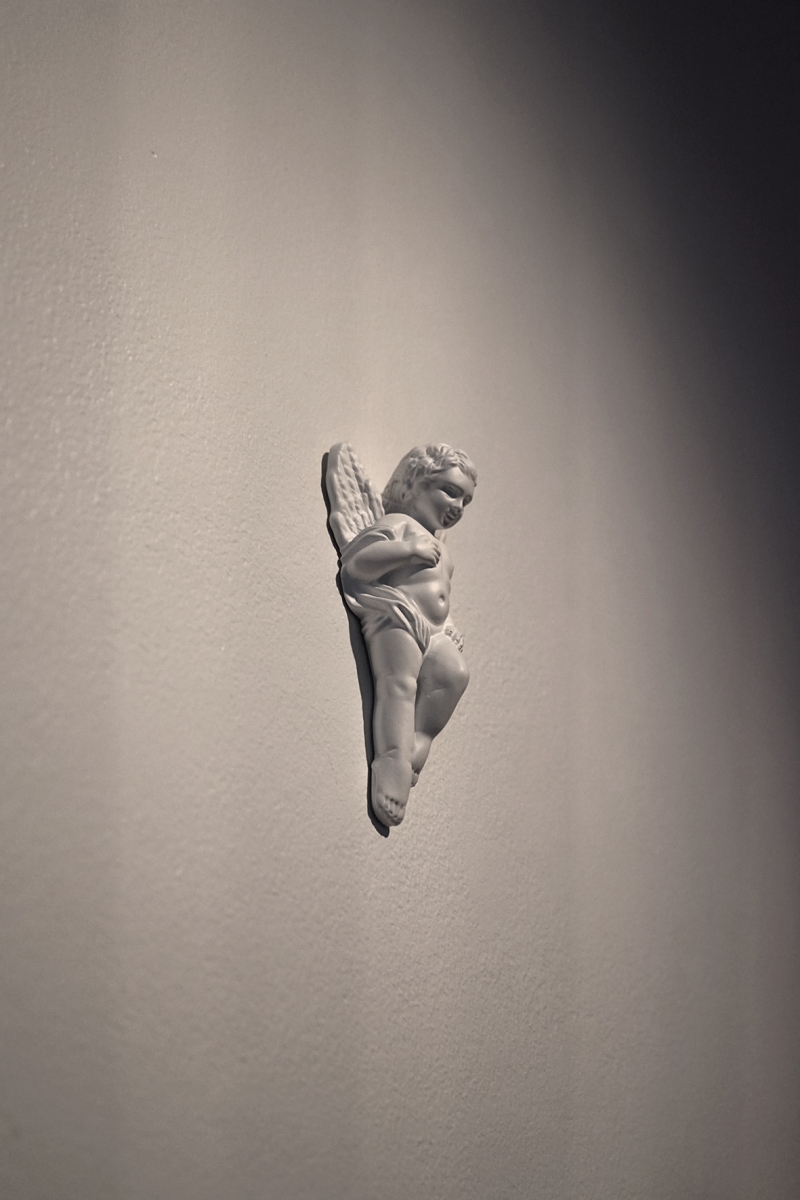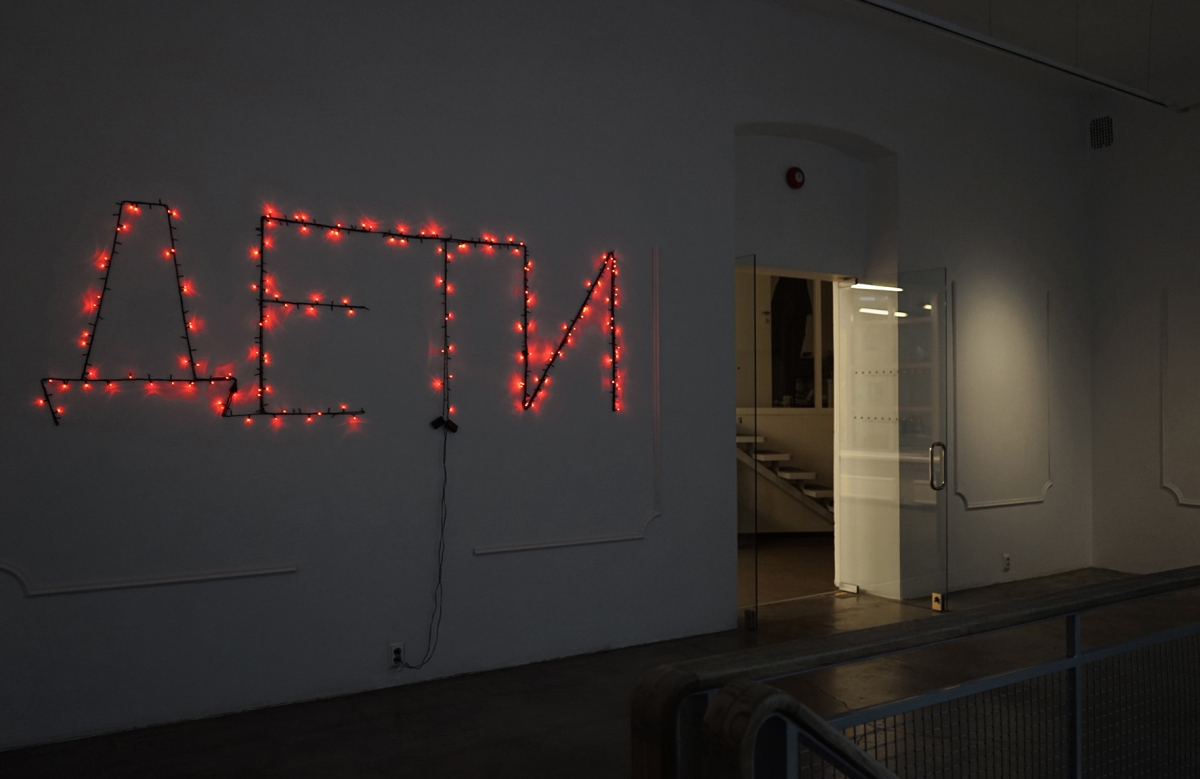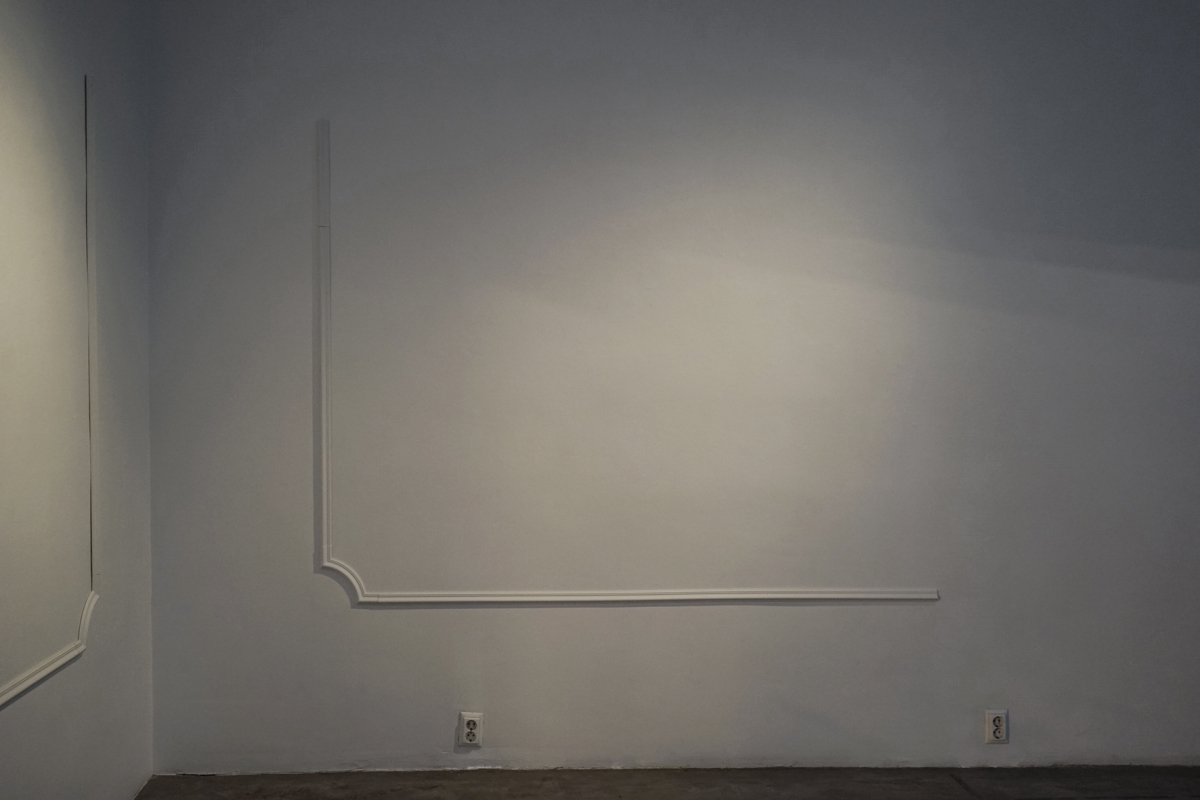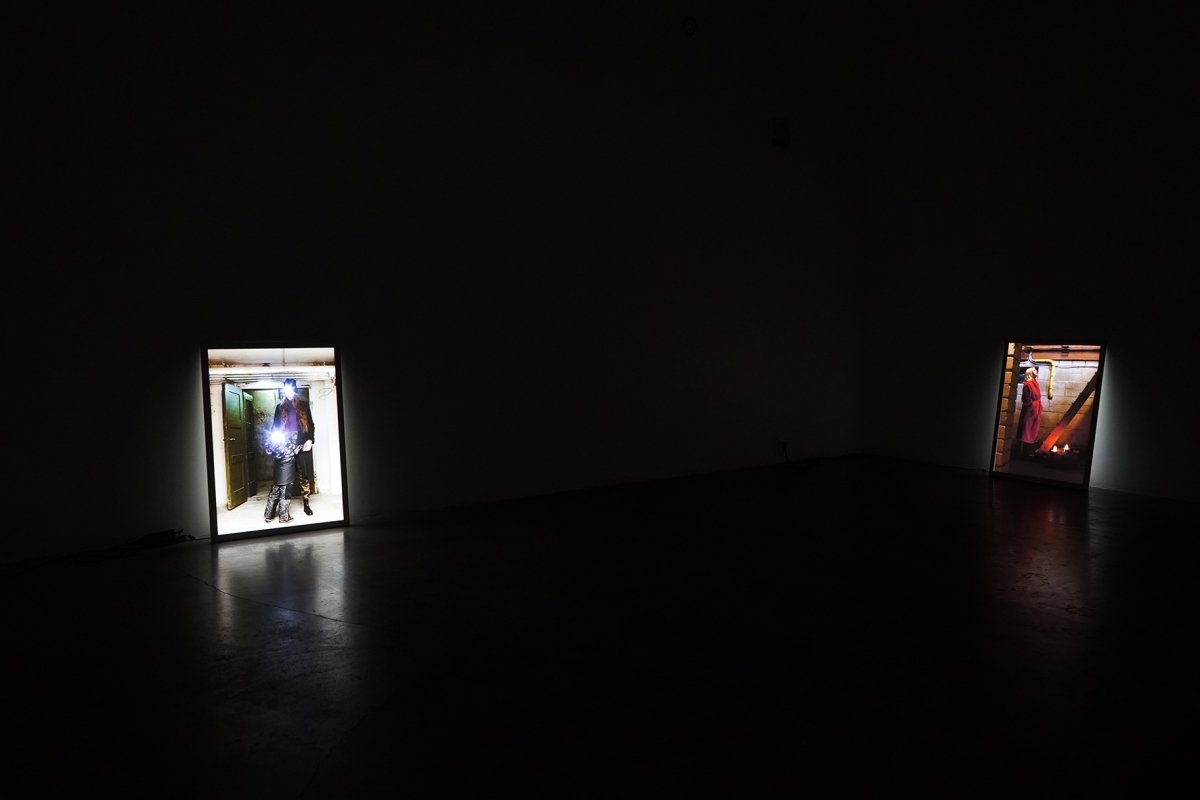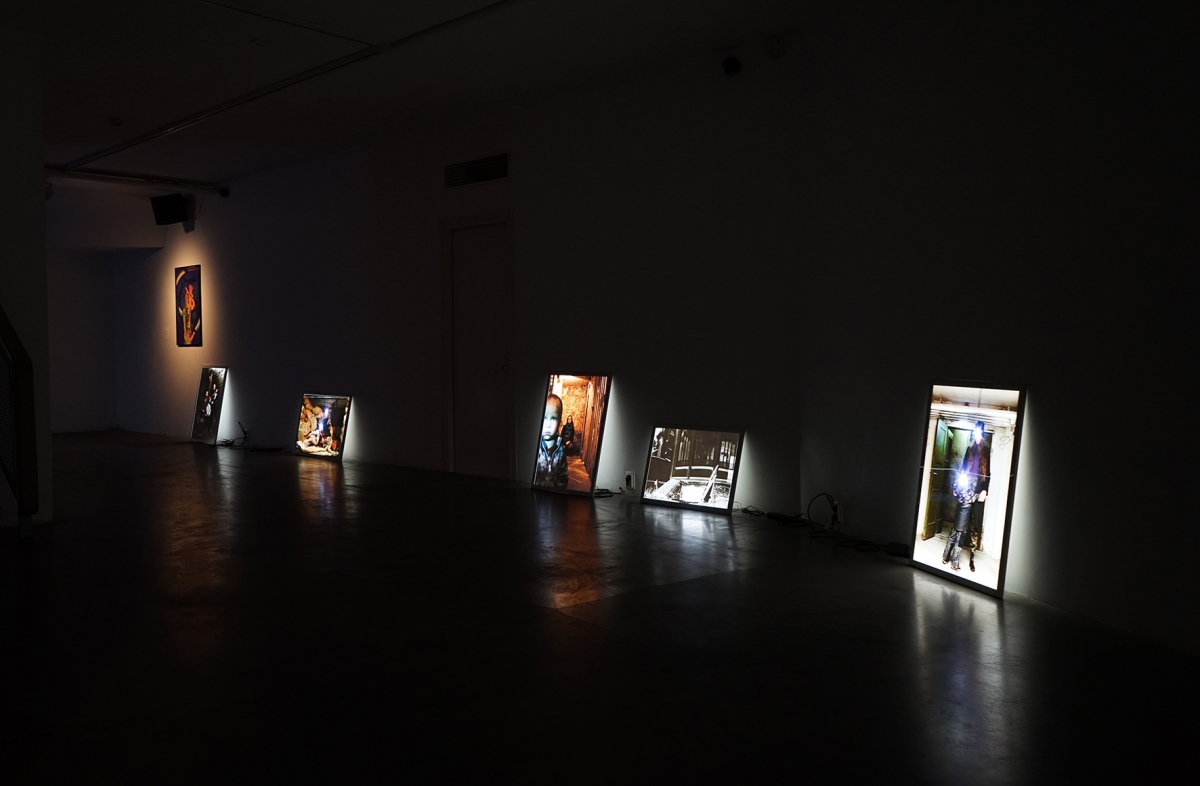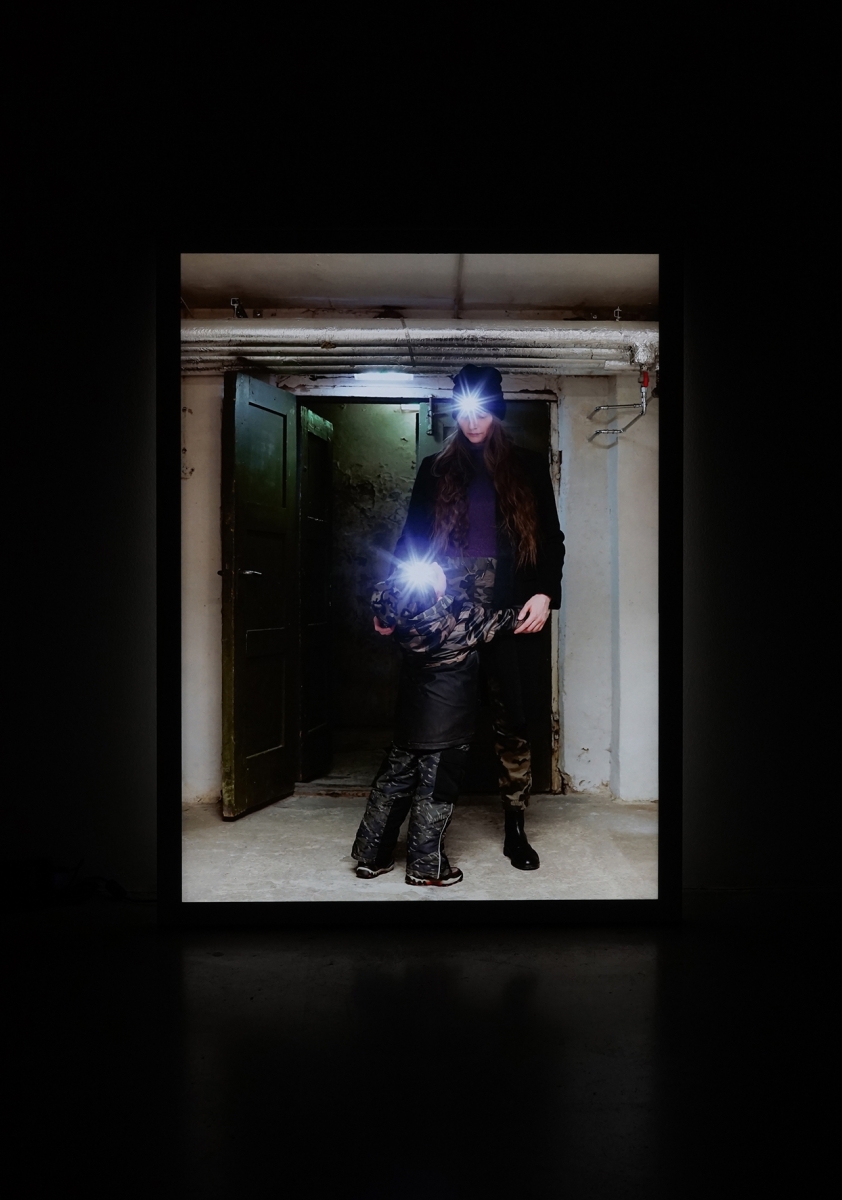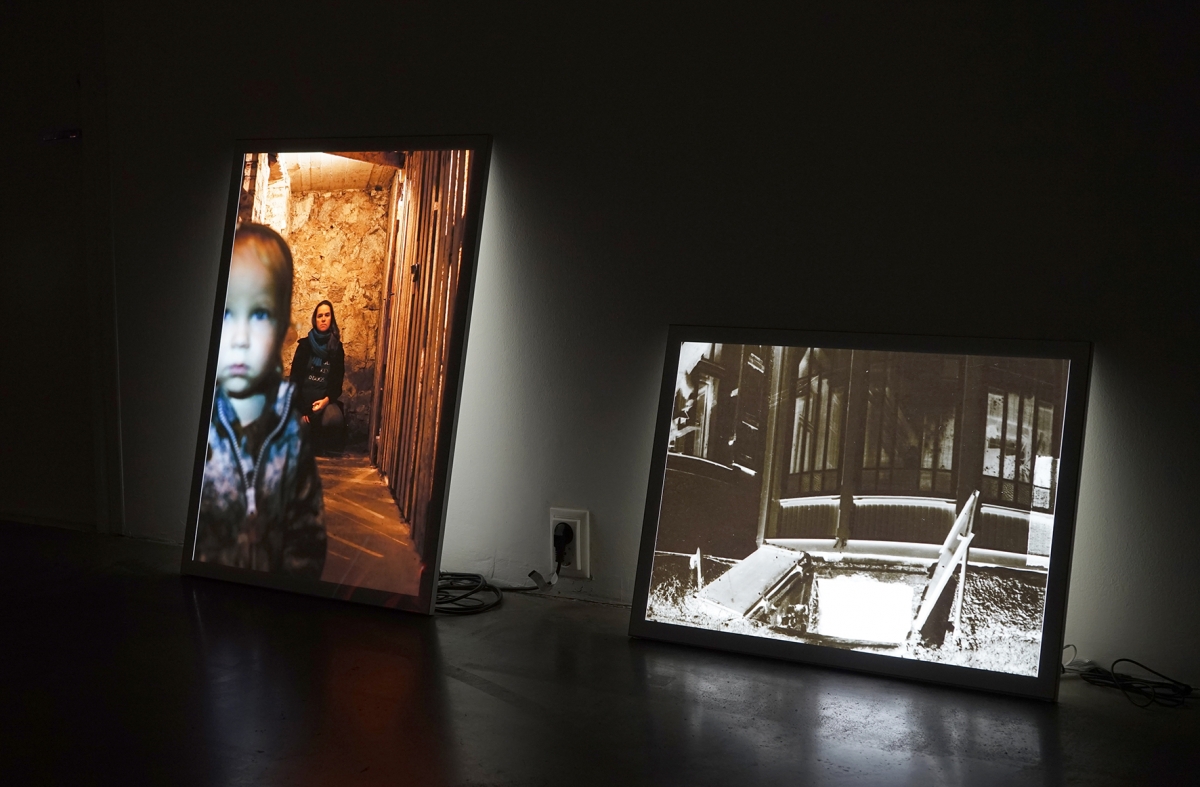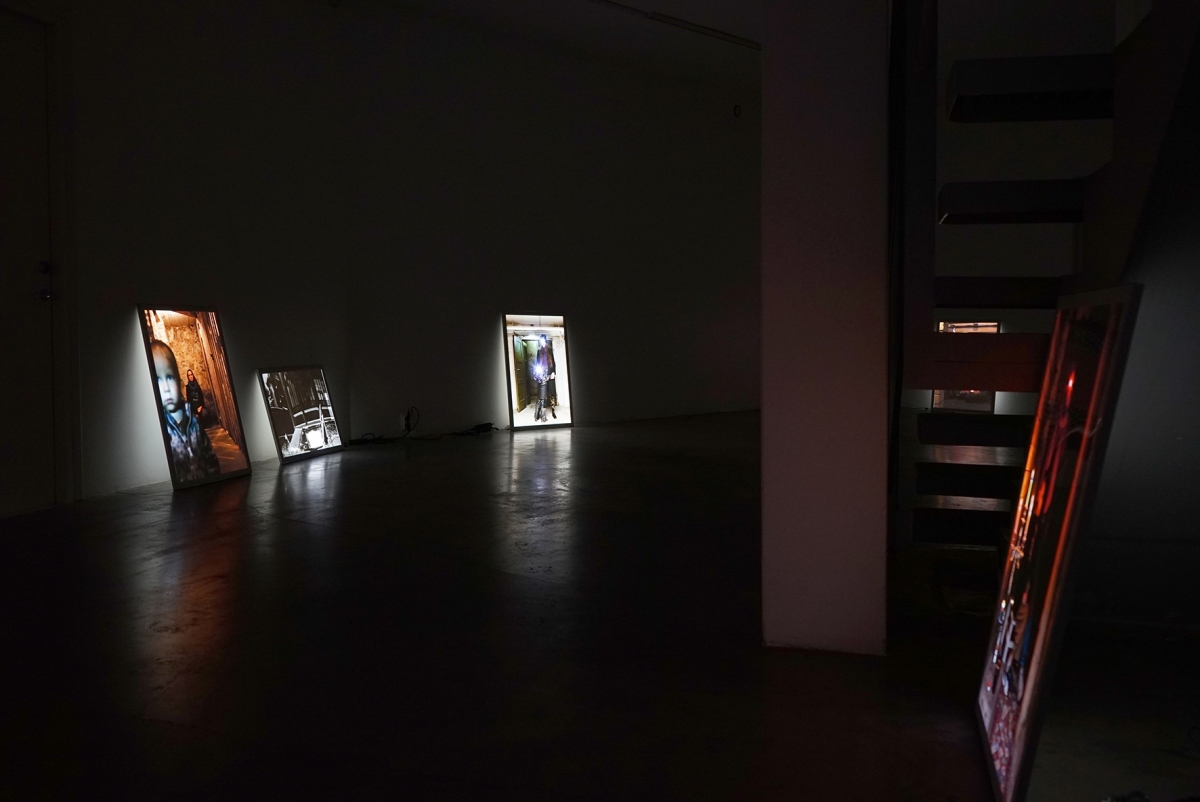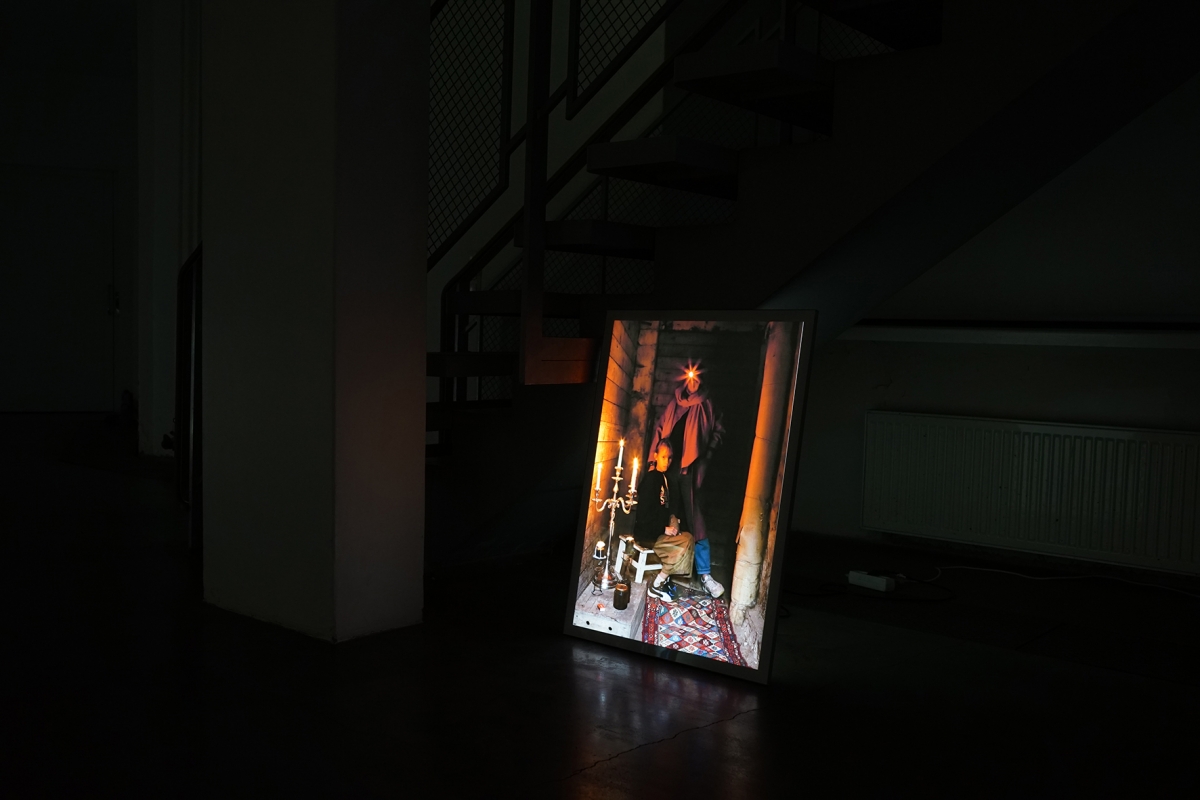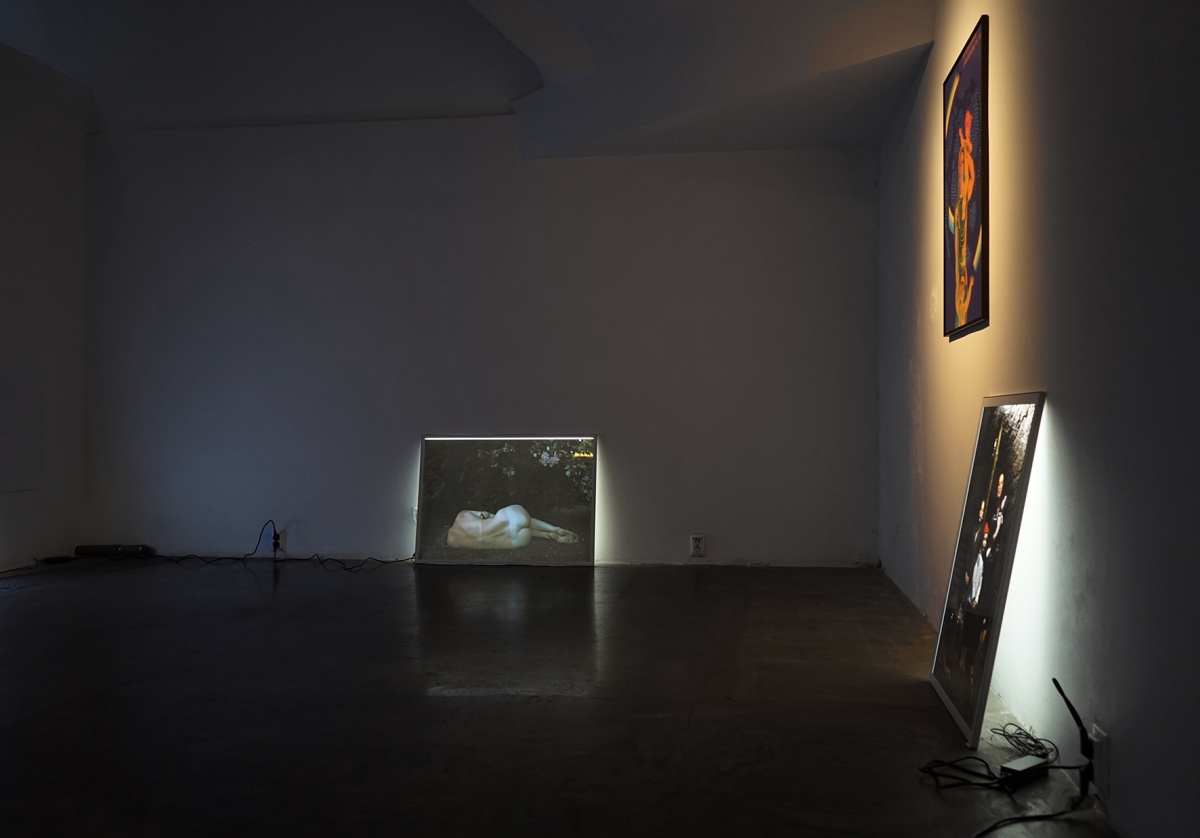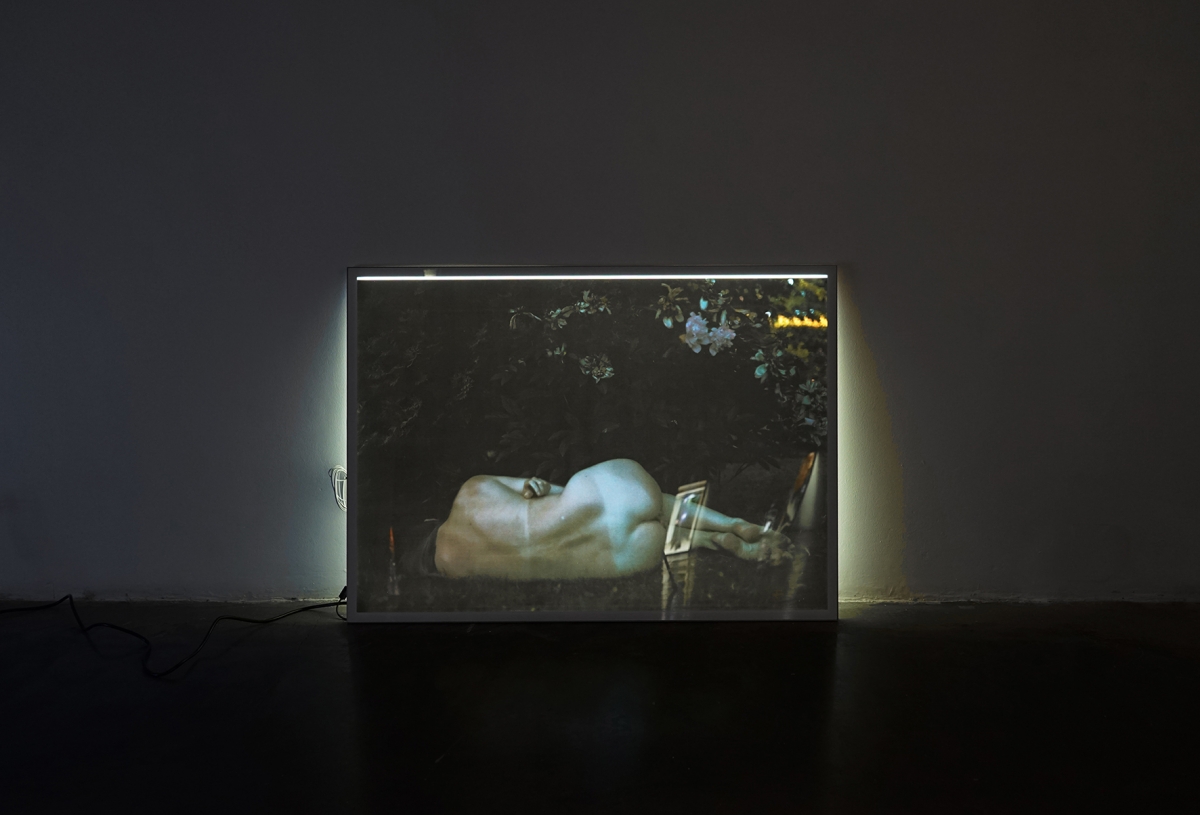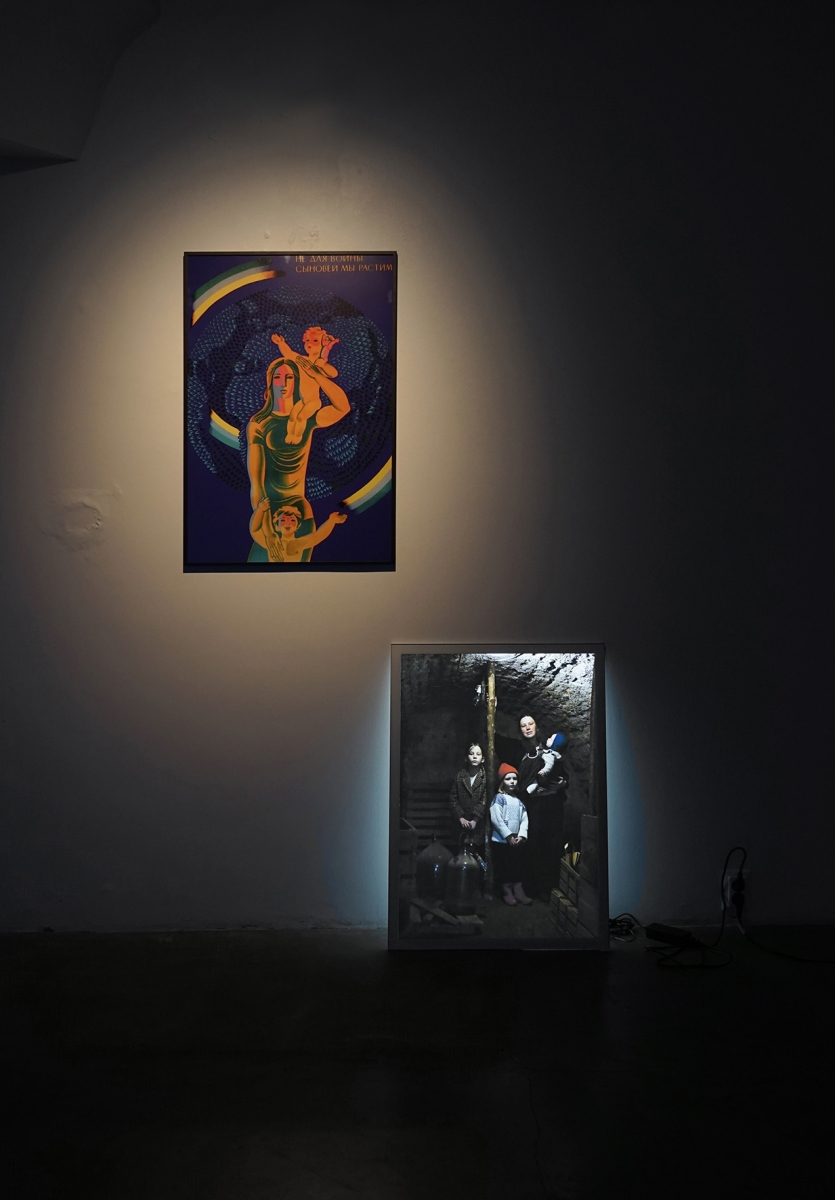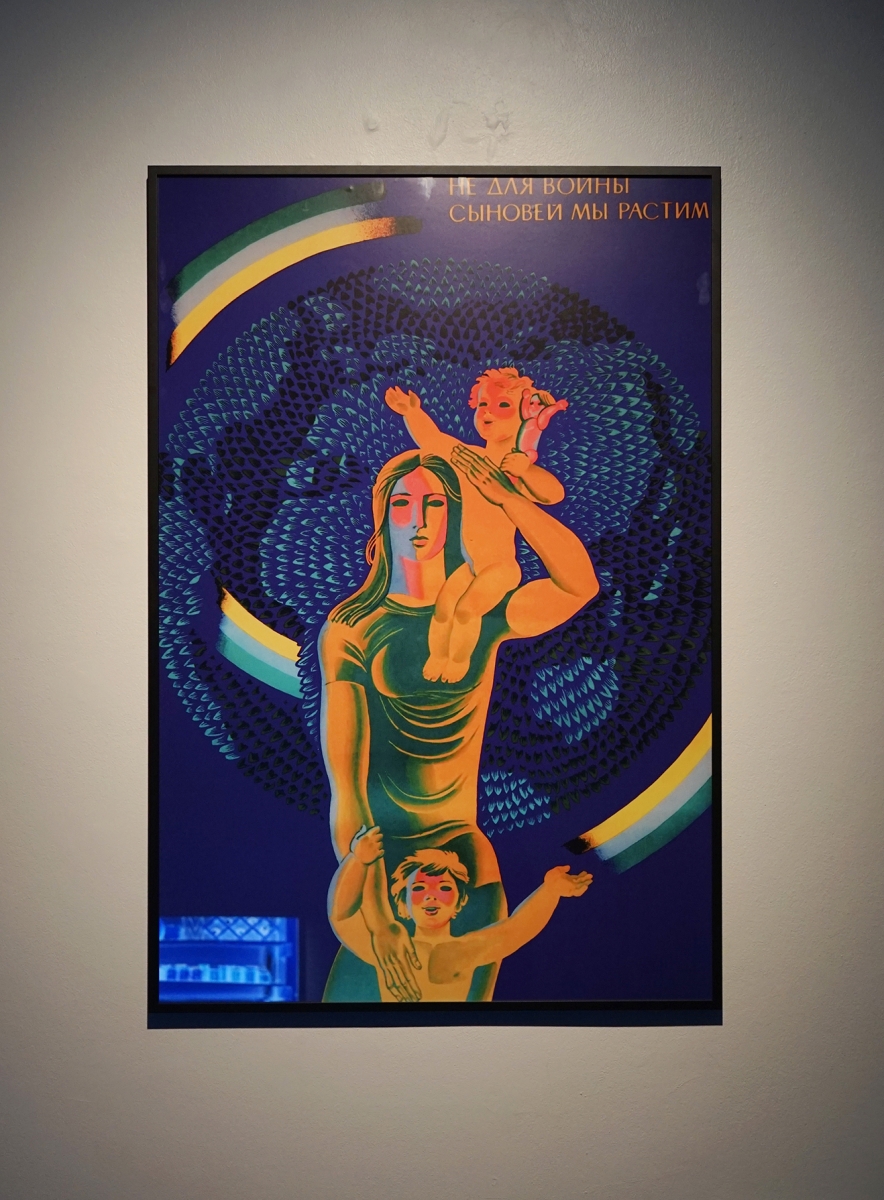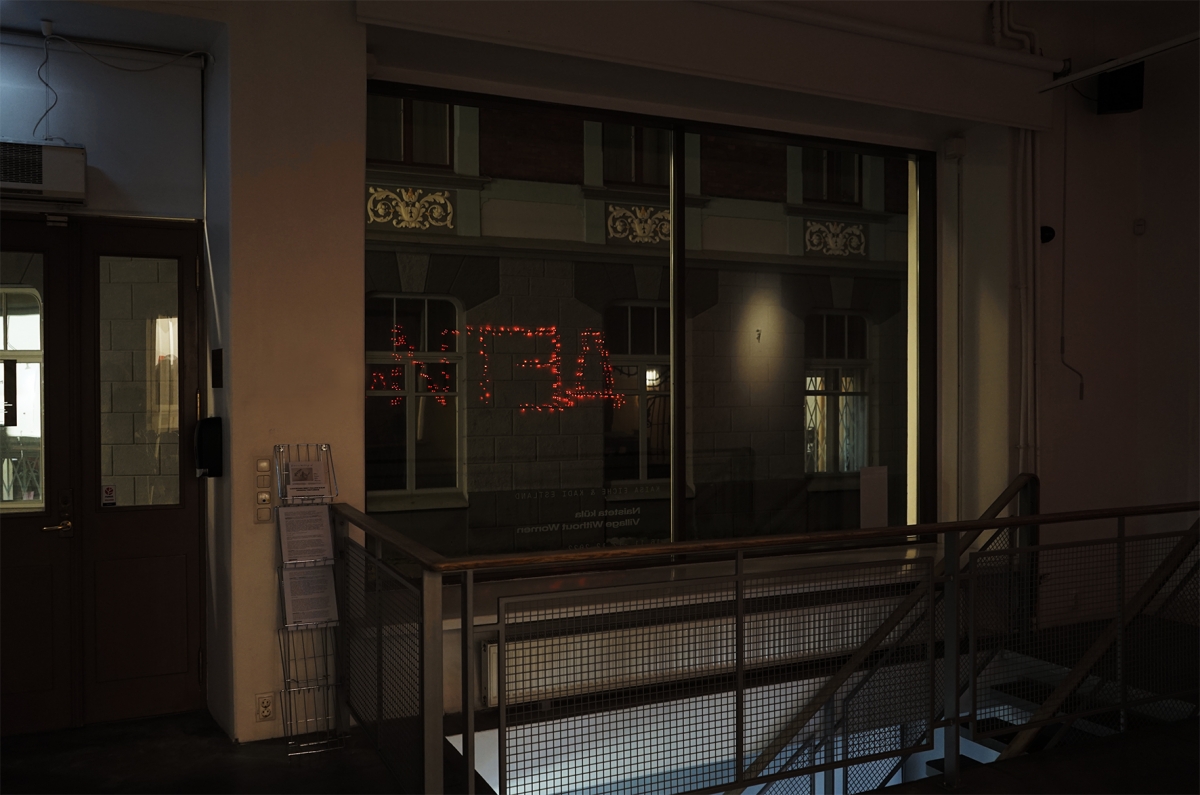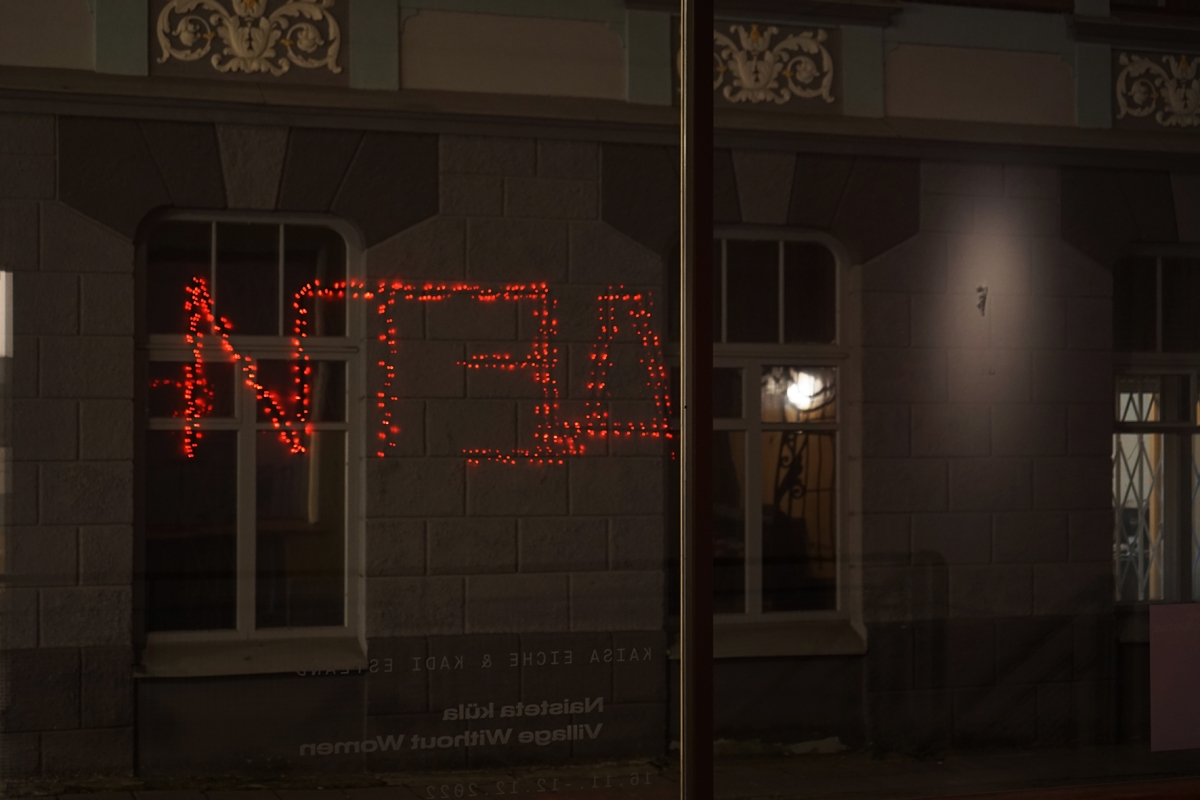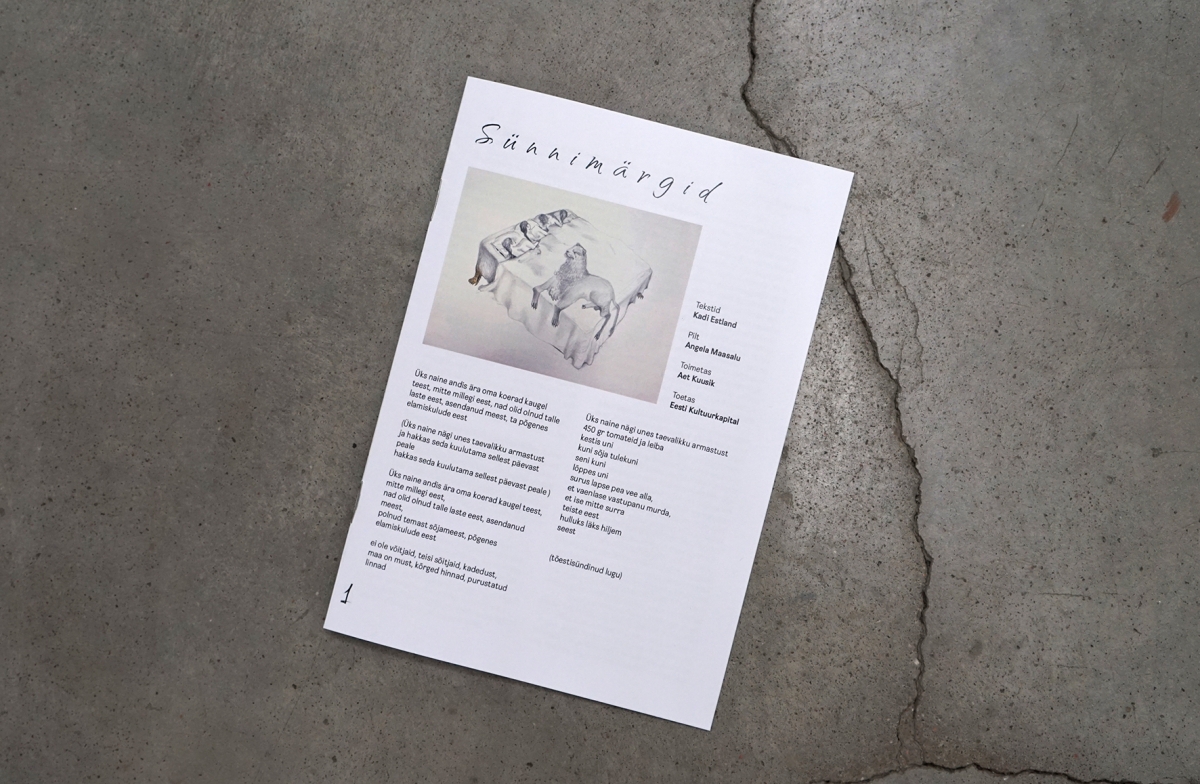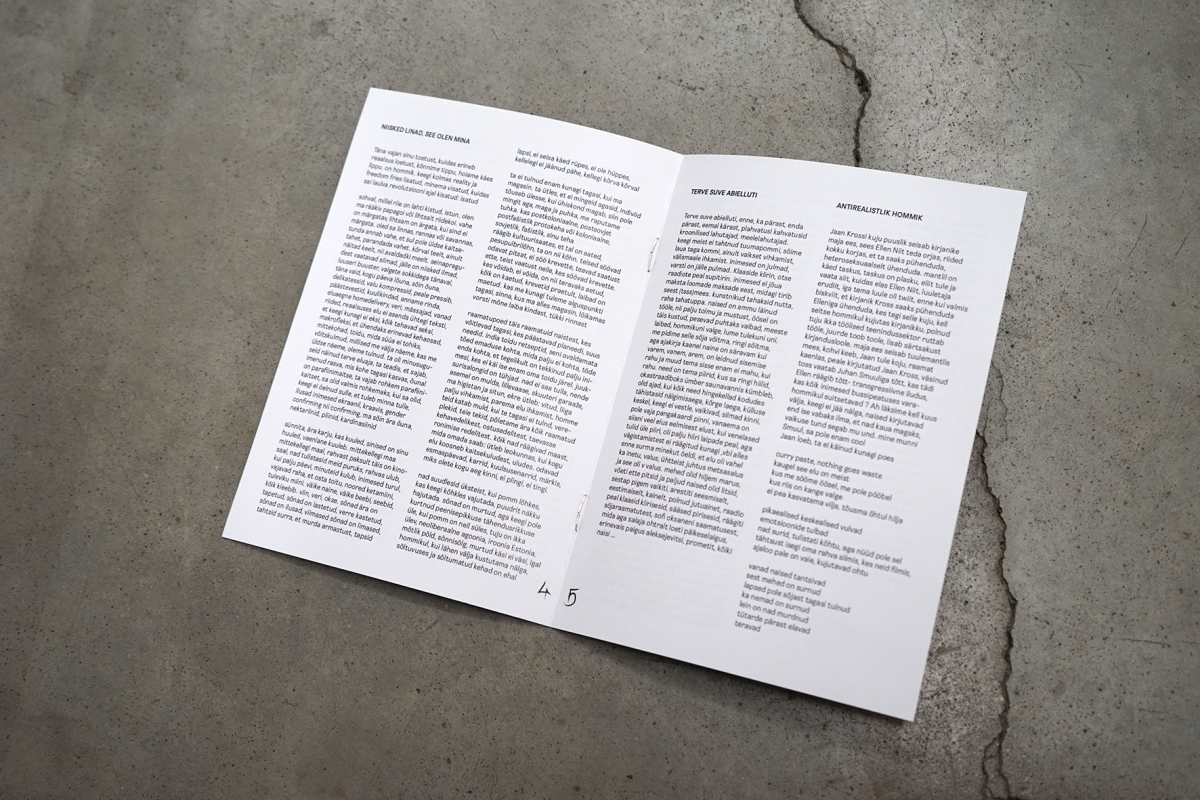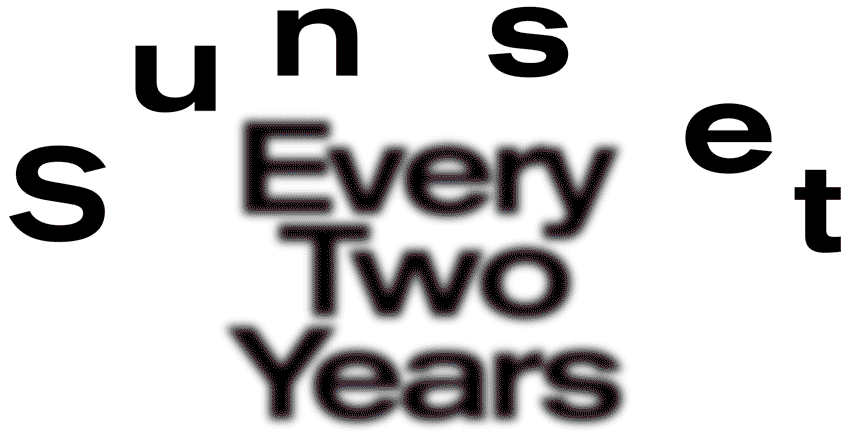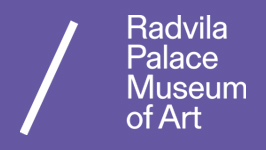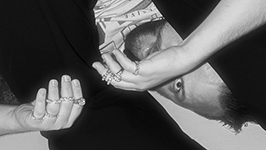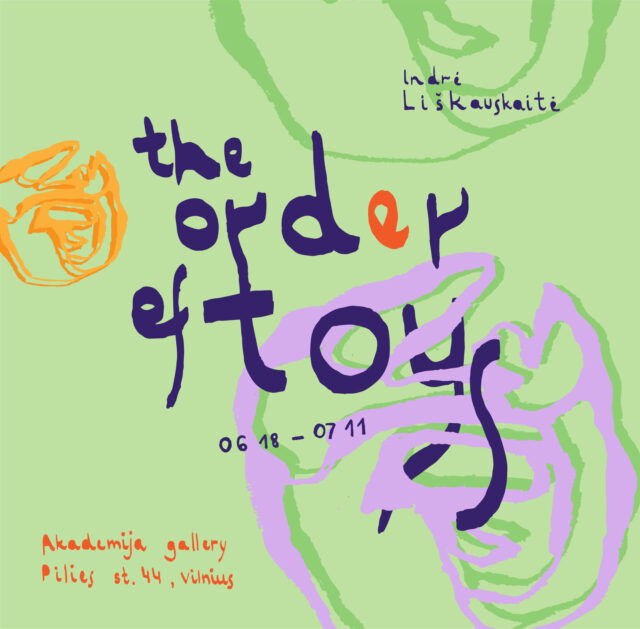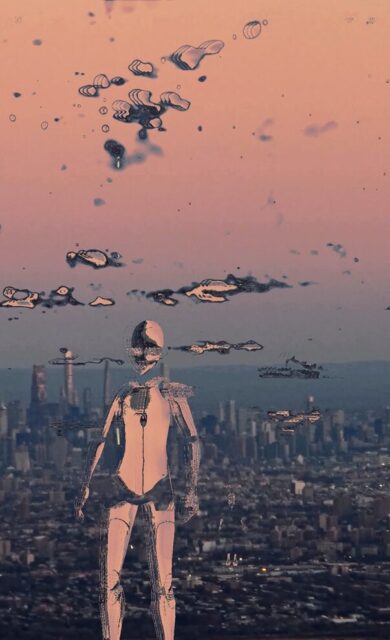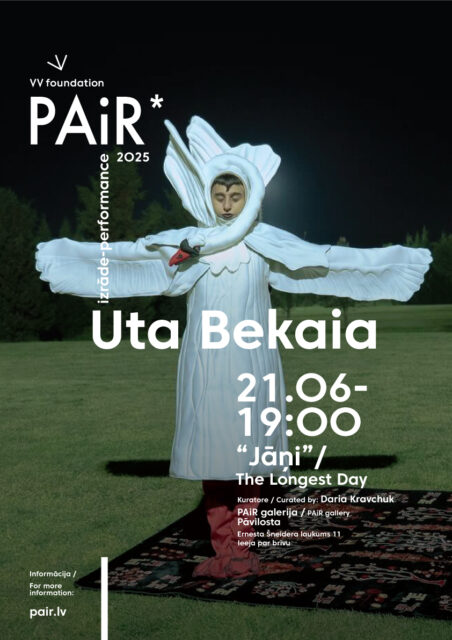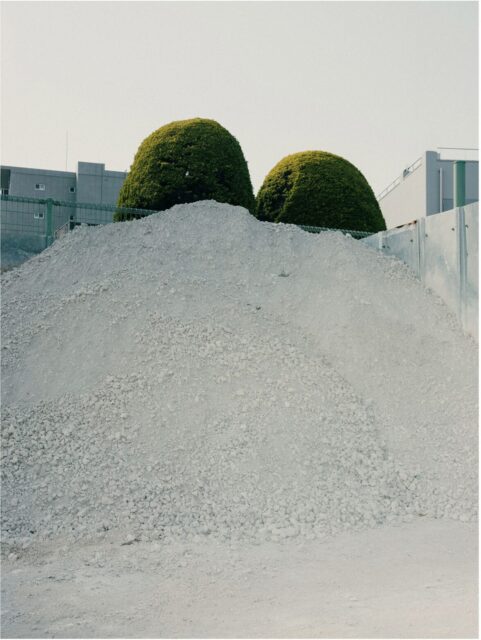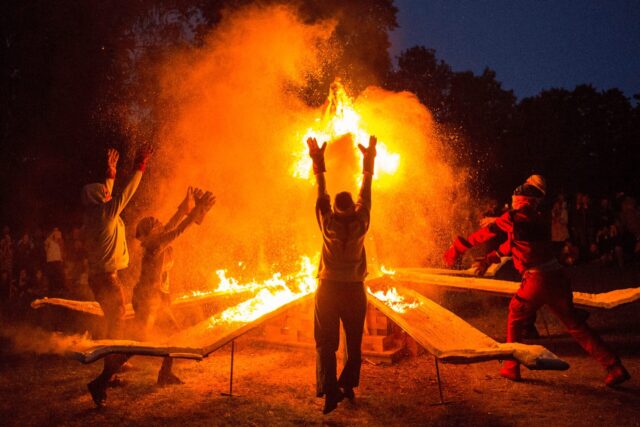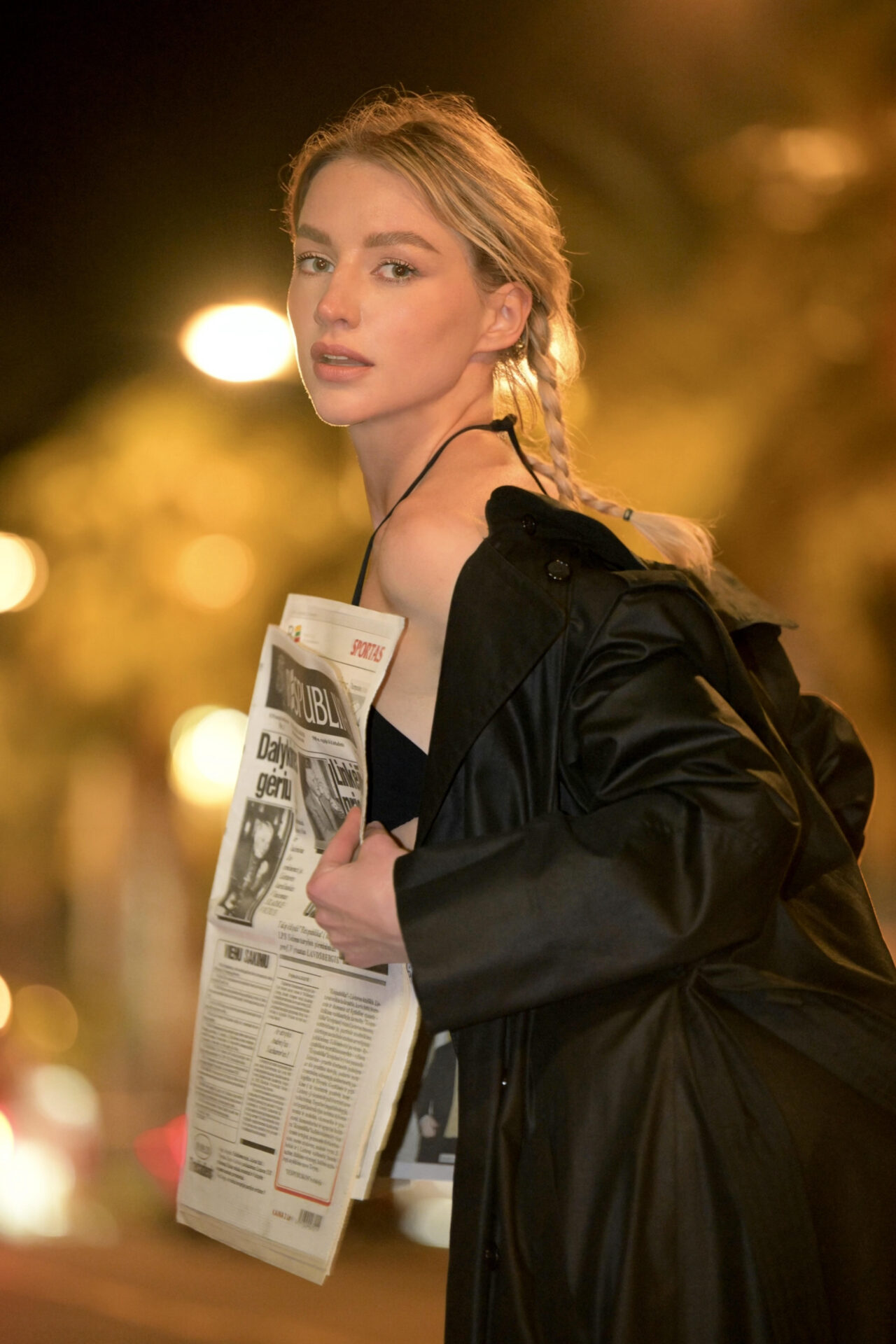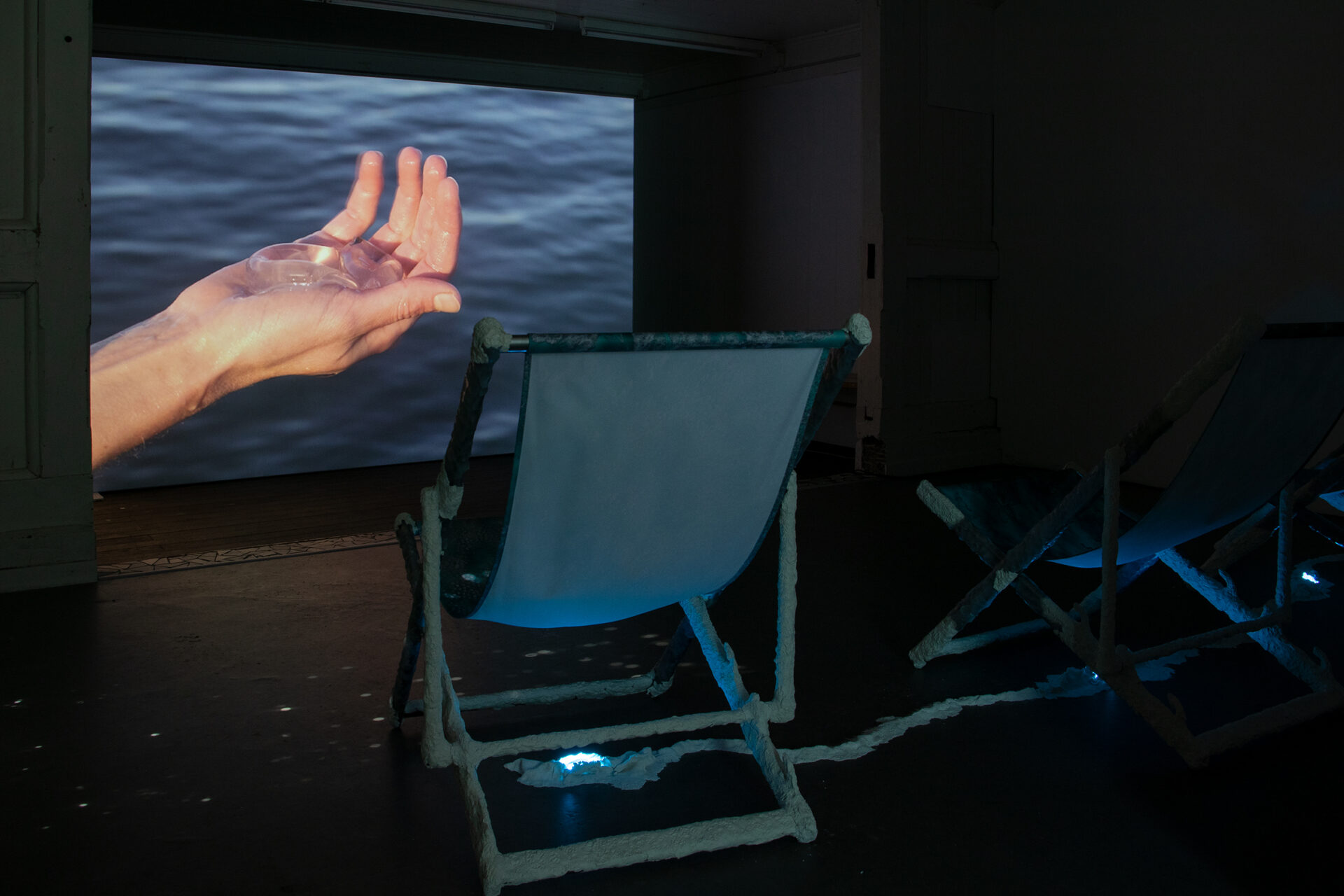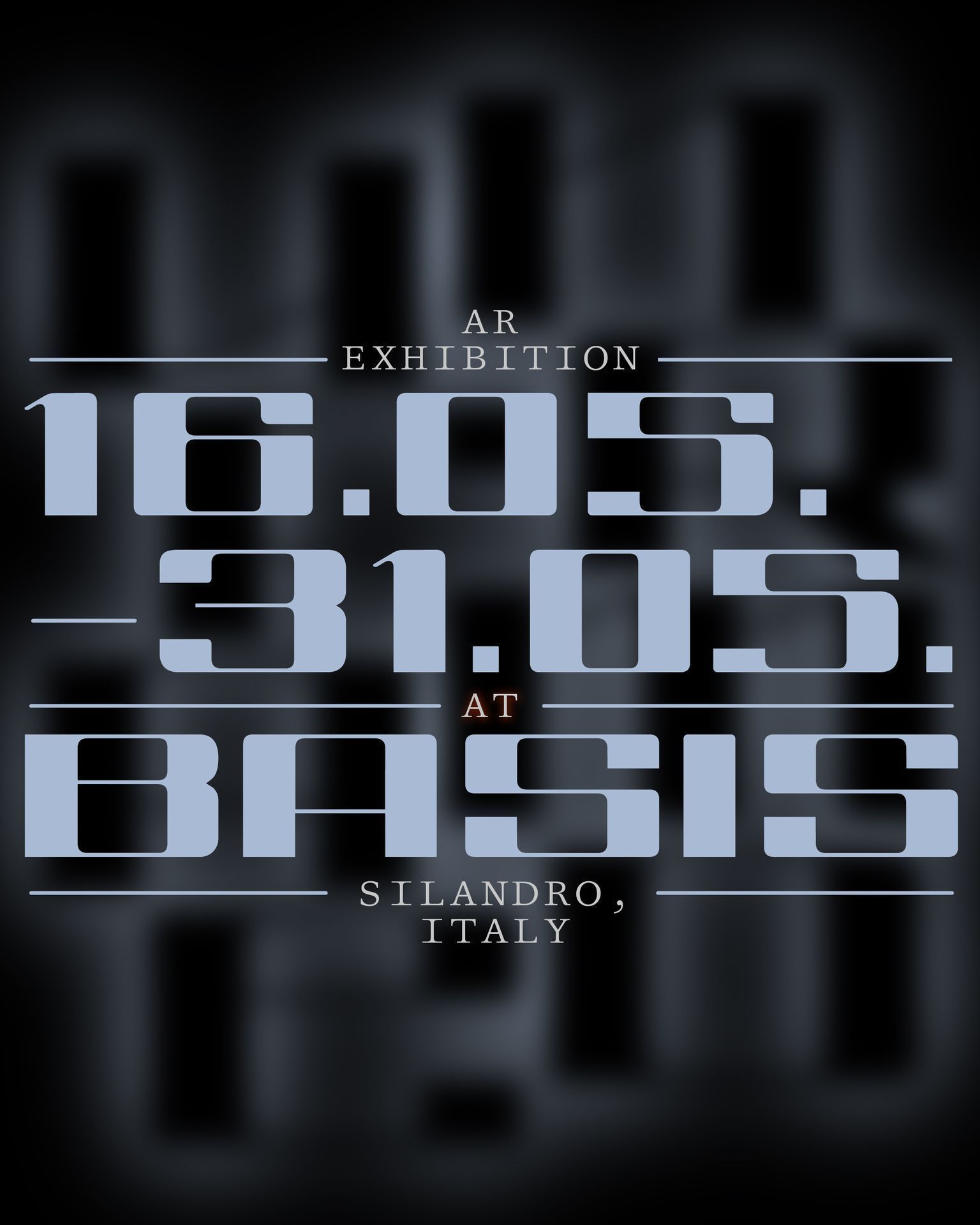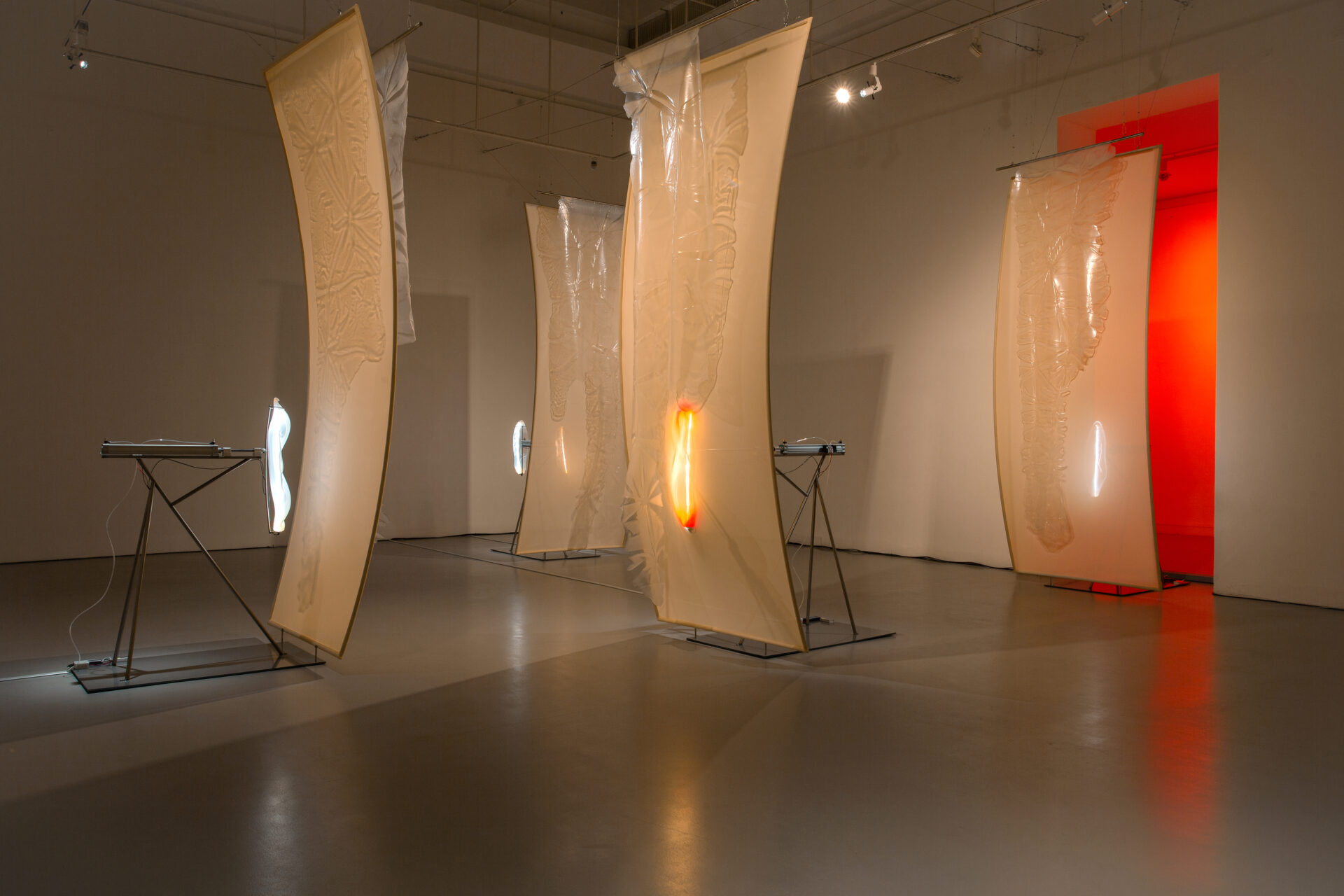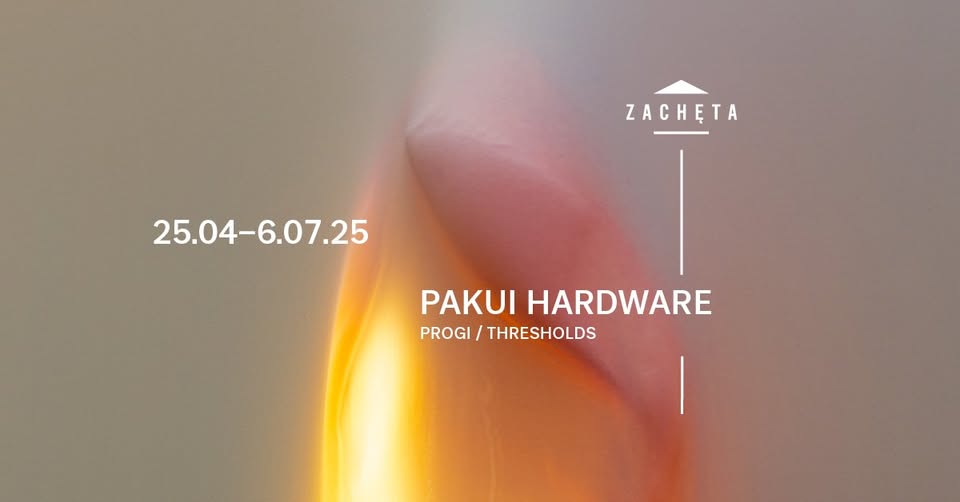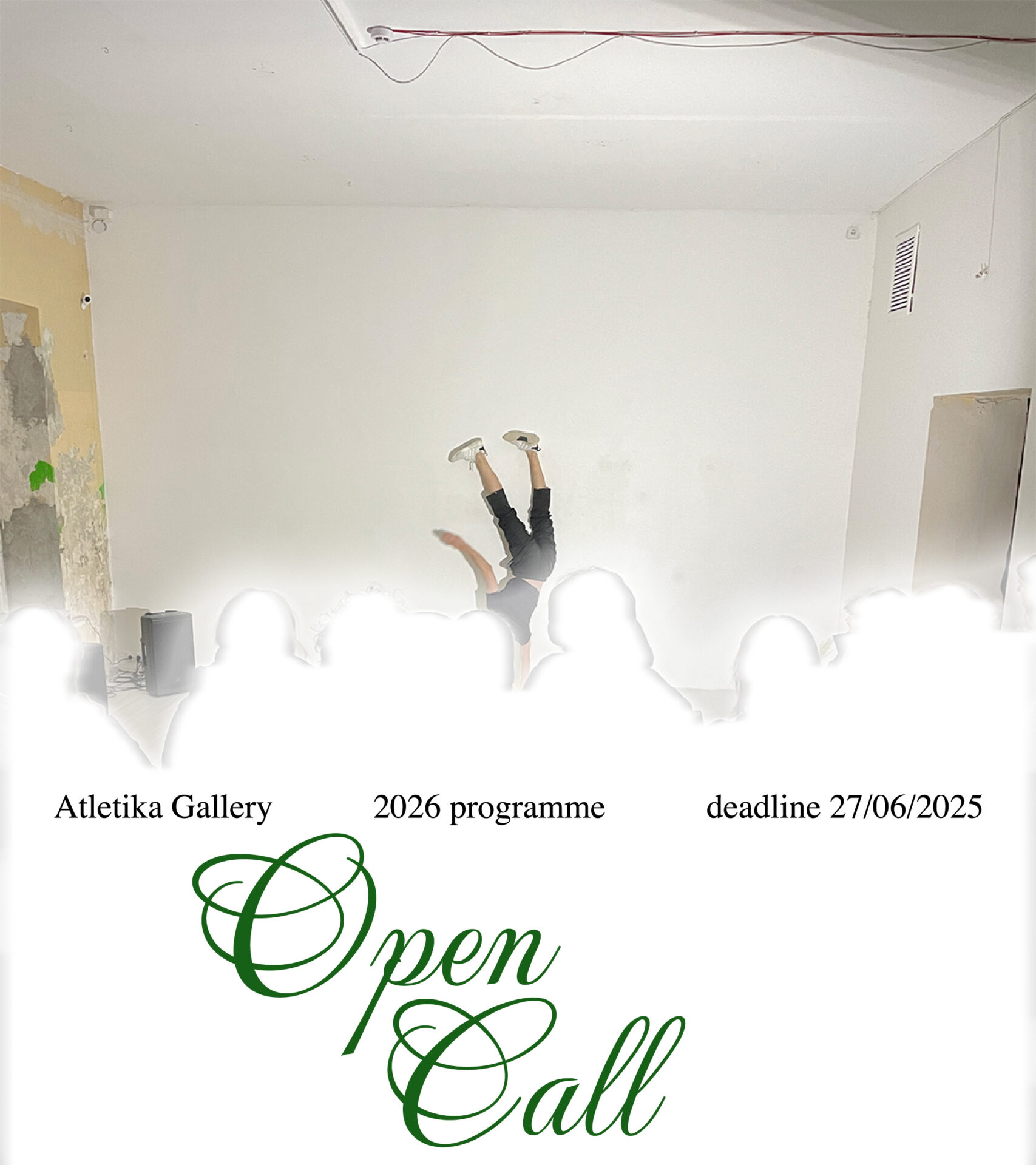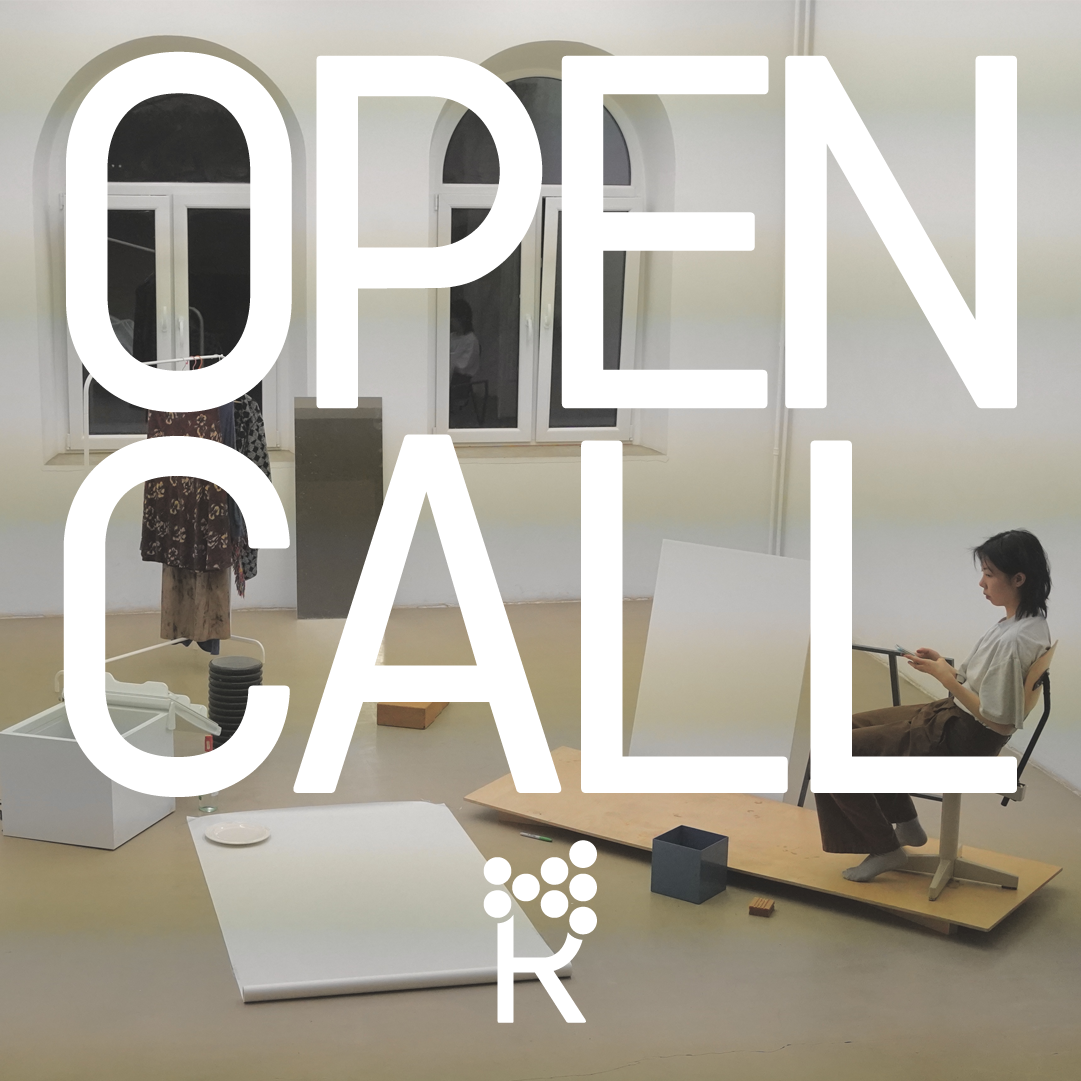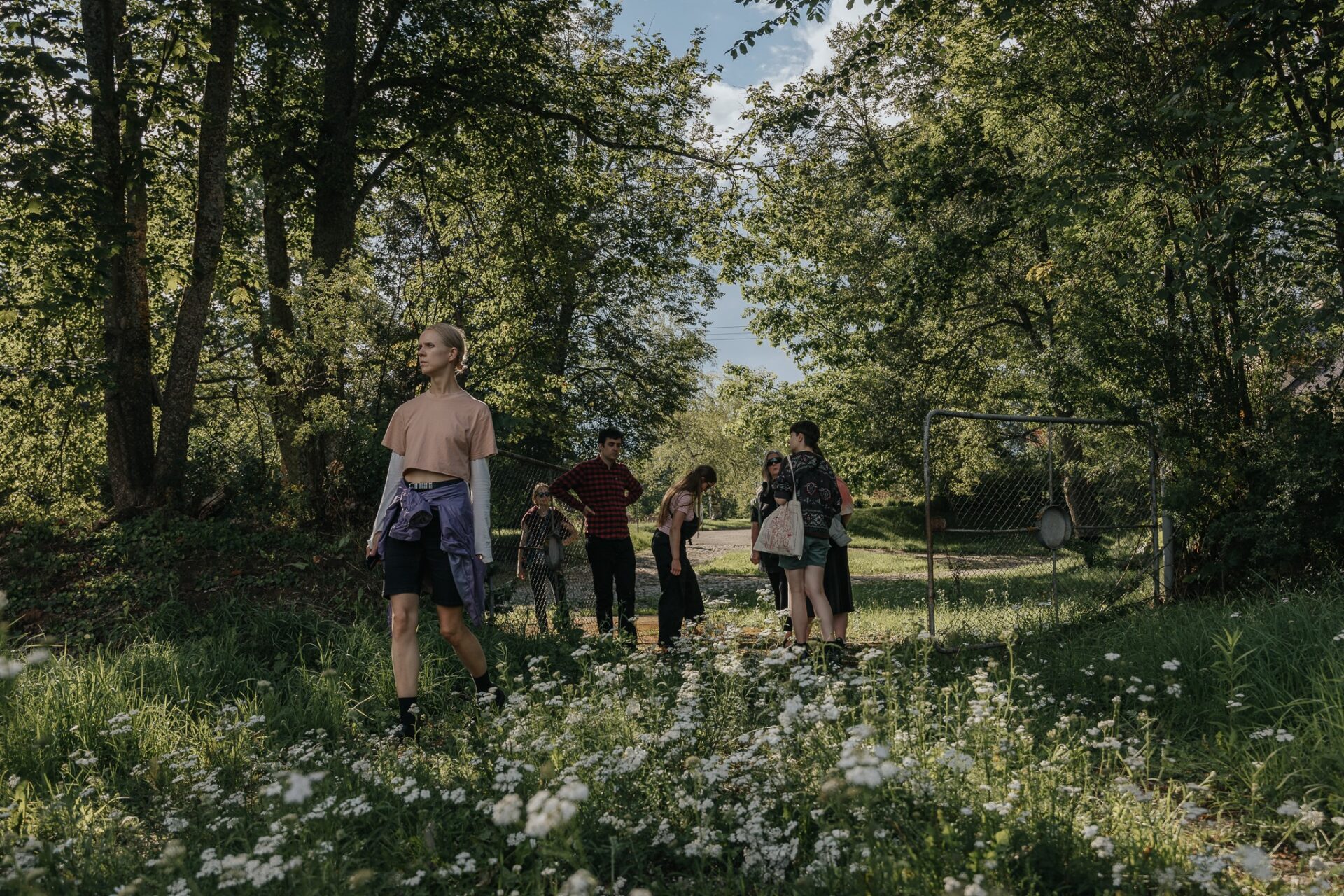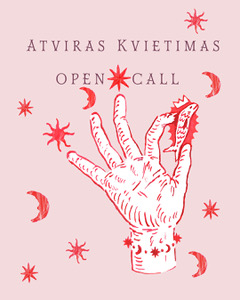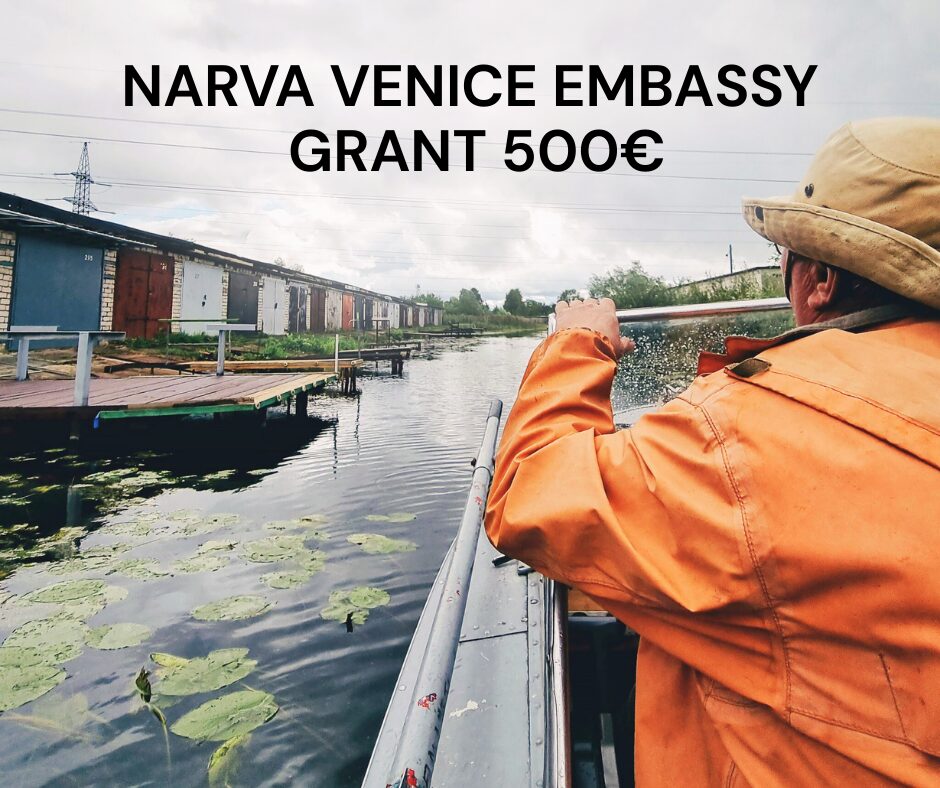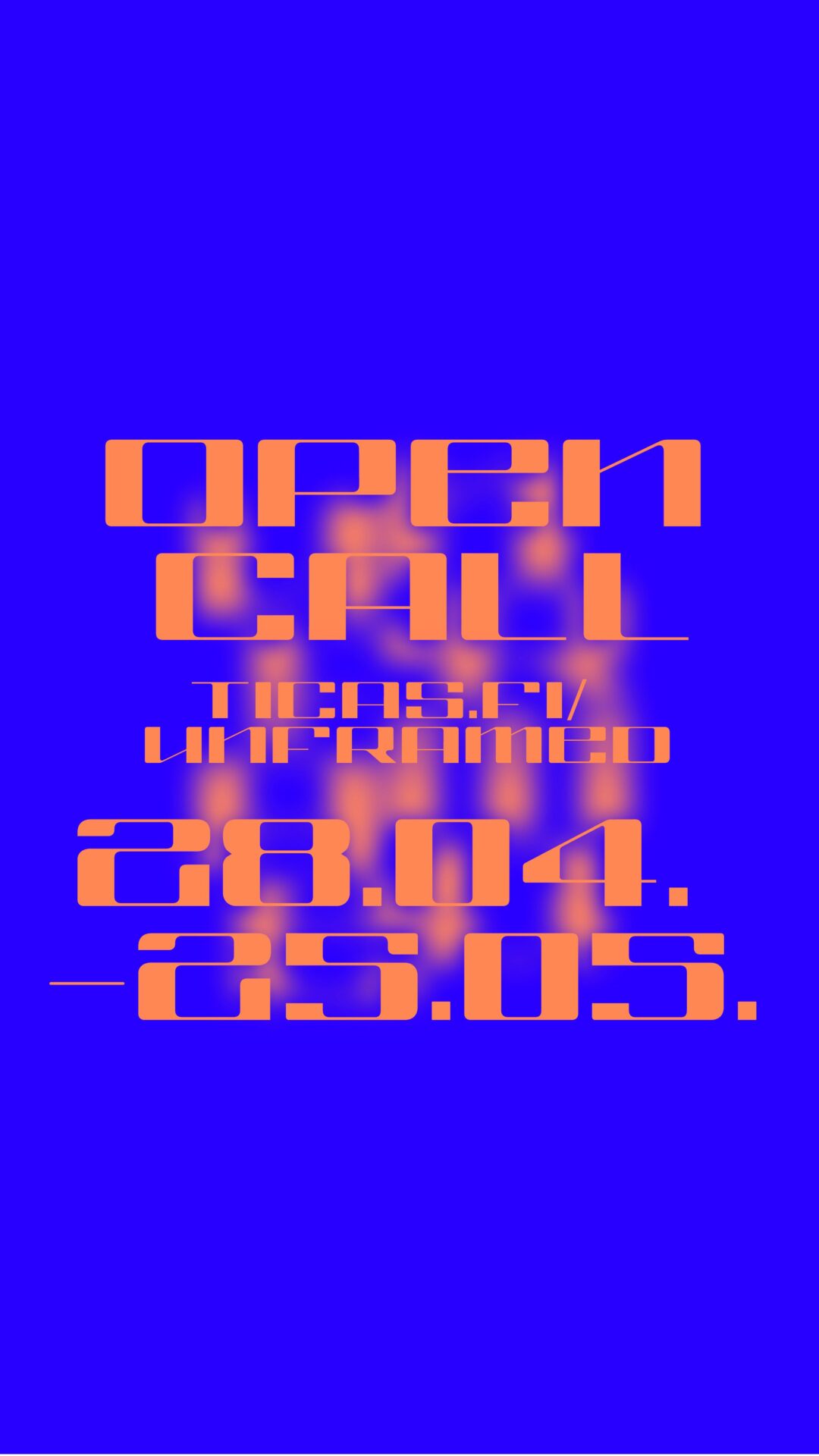Kaisa Eiche and Kadi Estland have brought into focus the fear of war and extinction and the links between minarchy, upcoming elections and some opinions from the people with vaginas
Kaisa Eiche and Kadi Estland opened their exhibition Village Without Women in Hobusepea gallery at 18:00 on Wednesday, November 16, 2022. Exhibition will be open until December 12, 2022.
Dear mother, what will happen when we gone. will the world be an uglier, nicer place, a wet patch, the website of used cars that one cannot escape. a burnt ground where there is no stream, asks my little son. there is always a stream, there is always Light, there is always the beginning of a new world. remember this, then you know. but now sleep, my dead son, I read you a bed-time story how all this happened, how important racial hygiene became
someone blew the car horn for the first time, someone painted, no one got out any more. all of them starved. slaves who won’t pick berries, won’t get used to it, everyone is picking berries. bean pods are growing in sauna. men confronted each other, did legitimately evil things, killed children, rape. jesus did not have children, how many were killed in his name. incapable in a history book, well, aren’t these books. you must read, you must know
it is morning, one can hear the news, running water, abdominal rumbling. we will win this war then then the stream will come
you sleep, you rest, we spread the ash”
Kadi Estland
Village Without Women is the first collaborational project in a gallery for Kaisa Eiche and Kadi Estland. Concept and photo installation have been created by Kaisa Eiche. Kadi Estland’s poetry “Birthmarks” have been written especially for the present exhibition. Whereas the ideas for the exhibition started to grow out from the military invasion of the Russian Federation to Ukraine in February 2022, the artists have mainly focused on the perceptible aspects in women’s roles, influenced by the (fear of) war. Today’s fears and reactions of the residents of Estonia as a border country are directly connected to the past – only 30 years ago, Estonia was an occupied territory by the Soviet authorities for more than half a century. On the other hand, there are doubts and turning one’s back to culture that is covertly contributing to the increasing social stratification though militarising and conservative national politics.
Kaisa Eiche (b. 1982) is an artist, art organizer and critic. She has studied photography at Tartu Art College and has participated in exhibitions since 2003. Eiche is currently obtaining an MA degree in the faculty of economics and business administration in Tartu University as well as working as an assistant head of the department of photography at Pallas University of Applied Sciences. She is a member of the Estonian Union of Photography Artists, Tartu Artists’ Union and Estonian Artists’ Association. Recently she took part in the group exhibition “Art in the Comfort Zone? The 2000s in Estonian Art” held in KUMU Art Museum and curated by Eha Komissarov and Triin Tulgiste. In 2021, she received the Art Critic Scholarship from the Center for Contemporary Art and Estonian Society of Art Historians and Curators. In 2022, she was given the Tartu culture award The Cultural Critic of the Year.
Kadi Estland (b. 1973) is an artist, poet, embroiderer, collaborator of feminist magazine Feministeerium with her comics and memes. Since 2022, Estland is the columnist of web-based magazine Kolkaplika.ee. She lives and works in London and Pärnu. Estland has graduated from the Estonian Academy of Arts in 1997, she has participated in various exhibitions both in Estonia and abroad.
Instagram: https://www.instagram.com/kadiestland_poetryembroidery/
Hobusepea Gallery
Exhibition by Kaisa Eiche & Kadi Estland
Title: Village Without Women
Open: 16.12.-12.12.2022
Hobusepea Gallery, Hobusepea 2, Tallinn.
Wed-Mon 11.00-18.00
Photography: Anna Mari Liivrand
